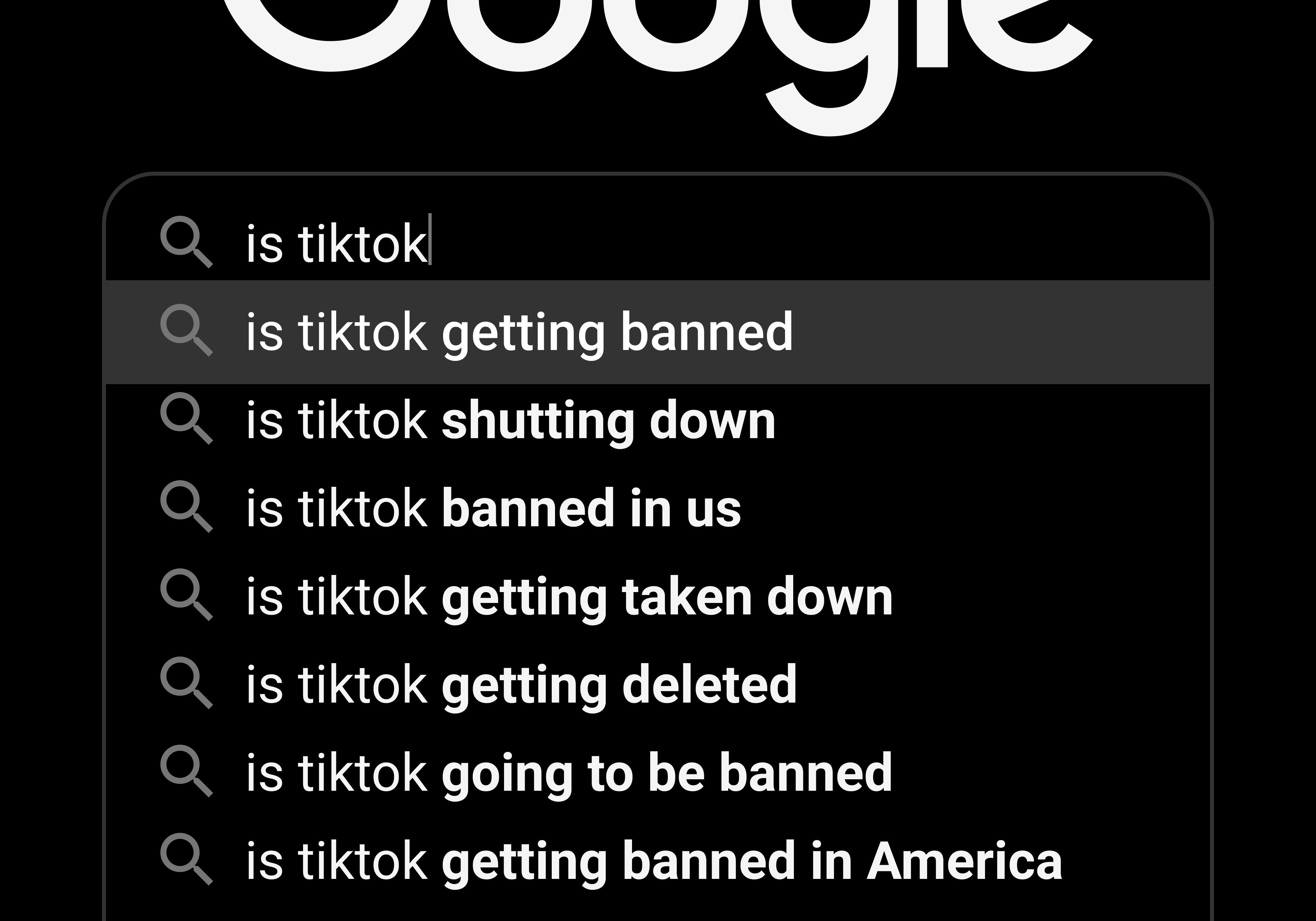Medicare and Workers' Compensation: Crucial Factors to Understand
Revamped Guide:
Navigating the labyrinthine world of Medicare and workers' compensation can save you a world of hassle. Failing to notify Medicare about workers' comp arrangements may lead to claim denials and the need to repay Medicare.
Workers' comp is the lifeline for employees suffering job-related injuries or illnesses. The Office of Workers' Compensation Programs (OWCP) under the Department of Labor handles this insurance for federal personnel, their families, and various other entities.
For those already on Medicare or on the brink of qualifying, it's vital to grasp how workers' comp might influence Medicare's medical claim coverage. This helps avoid issues with work-related injury or illness costs covered by both Medicare and workers' comp.
How does a workers' comp settlement impact Medicare?
Medicare's secondary payer policy mandates that workers' comp is the primary payer for any work-related injury treatment. If immediate medical costs arise before workers' comp settlement, Medicare might pay first, initiating a recovery process orchestrated by the Benefits Coordination & Recovery Center (BCRC).
To sidestep the recovery process and ensure seamless coverage, the Centers for Medicare & Medicaid Services (CMS) typically monitors the funds received from workers' comp settlements for injury-related medical care. In certain cases, Medicare may request the establishment of a workers' compensation Medicare set-aside arrangement (WCMSA) for these funds. Medicare will only foot the bill after the WCMSA has run out of money.
What settlements need to be reported to Medicare?
Workers' comp is obligated to submit a Total Payment Obligation to the Claimant (TPOC) to CMS to ensure Medicare covers the necessary portion of an individual's medical expenses. This represents the total workers' comp owed to the person or on their behalf.
TPOCs are crucial if an individual is on Medicare due to age or receiving Social Security Disability Insurance (SSDI), and the settlement is $25,000 or more. TPOCs are also necessary if the person isn't enrolled in Medicare but will qualify within 30 months of the settlement date, and the settlement amount is $250,000 or more.
In addition to workers' comp, one must report to Medicare if they file a liability or no-fault insurance claim.
Frequently Asked Questions
To speak with Medicare, call 800-MEDICARE (800-633-4227, TTY 877-486-2048). During specific hours, a live chat is available on Medicare.gov. If you have queries about the Medicare recovery process, contact the BCRC at 855-798-2627 (TTY 855-797-2627).
A Medicare set-aside is voluntary, but if an individual wants to set one up, their workers' comp settlement must exceed $25,000. Alternatively, it must be over $250,000 if they are eligible for Medicare within 30 months.
Yes, the misuse of funds in a Medicare set-aside arrangement can result in claim denials and the need to repay Medicare.
Insights:
- The MSP statute necessitates that Medicare serves as the secondary payer for patients with workers' comp claims, with workers' comp covering medical expenses before Medicare can step in [4].
- The new reporting standards effective April 4, 2025, mandate that all full and final settlements involving Medicare beneficiaries, even if CMS approval is not requested, must be reported through Section 111 [1][3].
- Failure to comply with reporting requirements can lead to civil penalties or denial of future Medicare benefits for injured workers, potentially resulting in litigation if workers' Medicare coverage is denied due to reporting failures [1][4].
- The reported information helps CMS determine if it needs to recover funds from a settlement to cover future medical expenses [4].
Takeaway:
Workers' comp is a critical safeguard for federal employees and several other groups dealing with job-related injuries or illnesses. To avoid complications with medical costs, those on Medicare or soon to be eligible should grasp how workers' comp may impact Medicare coverage. Remember, proper reporting to Medicare is essential for seamless coverage and avoiding future disputes. For further resources, visit our Medicare hub.
- Navigating the complex intersection of Medicare and workers' comp is necessary to avoid claim denials and repayment using the Centers for Medicare & Medicaid Services (CMS) recovery process.
- Medicare's secondary payer policy ensures that workers' comp is the primary payer for any work-related injury treatment, with CMS monitoring funds from workers' comp settlements for injury-related medical care.
- Workers' comp settlements should be reported to Medicare, especially when the Total Payment Obligation to the Claimant (TPOC) is $25,000 or more for those already on Medicare, $250,000 or more for those qualifying within 30 months, or when filing a liability or no-fault insurance claim.
- A Medicare set-aside is a voluntary arrangement in which Medicare funds will only be used after the set-aside funds are exhausted, and it must be established for settlements exceeding $25,000 (within 30 months) or $250,000 if the individual will be eligible for Medicare, and misuse of funds in such an arrangement can result in claim denials and repayment requirements.








